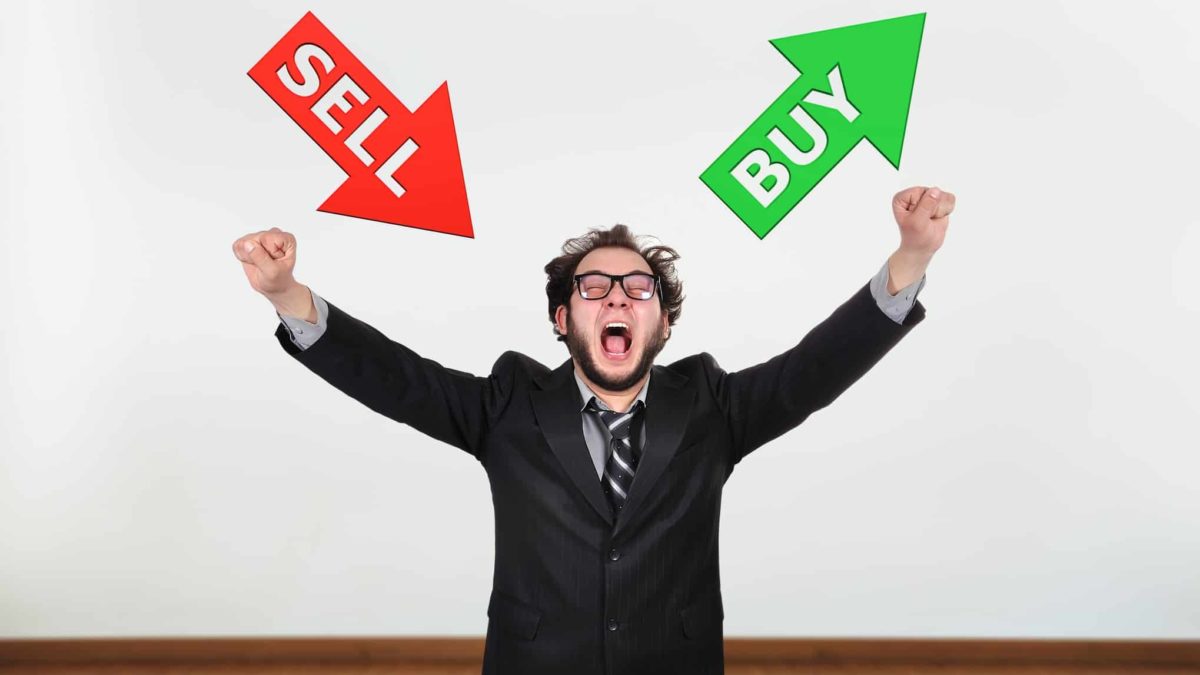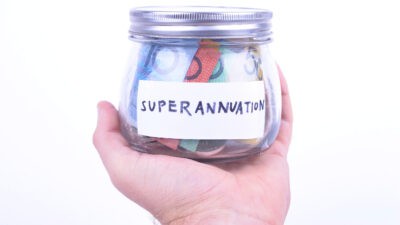
Image source: Getty Images
When I wrote on Wednesday about being wrong, I was pleasantly surprised by the response.
Most of you empathised with me getting my Challenger Ltd (ASX: CGF) recommendation wrong.
One of you — no names, no pack drill — decided to also bring up my Domino's Pizza Enterprises Ltd (ASX: DMP) stuff-up.
I choose to believe it was in sympathetic jest!
Still, the responses reminded me of something important: we're all in this together.
Yes, we're all trying to 'beat the market', and in that sense, we're trying to beat each other, but the reality is that you and I — the humble individual investor — will always be in the minority in this caper.
So there's no reason we can't all beat the big guys at their own game.
Because that's the other side of the 'being wrong' bit.
Thus far, at Motley Fool Share Advisor — and as we find ourselves only 6 months away from our 10th birthday — we're beating the market.
Despite the mistakes, (negative) surprises, and disappointments, the average Share Advisor recommendation has a higher return than if we'd invested in the All Ordinaries Index (ASX: XAO) on that date, instead. (Both including dividends, by the way, and excluding any fees you'd pay for an ETF that tracked the index.)
Now, I make that point not just to rescue my ego (though we're all human), but to put my mistake in context.
Because I want to show you that mistakes, far from defining an investor, should be accepted as one of the costs of investing in the first place.
Oh sure, you can buy an index-tracking ETF, get the market return (less a little in fees) and go fishing, shopping, back to work, or whatever else you want to fill your time with.
Indeed, many people should do just that.
But I think it's possible to beat the market if you have the time, interest, support and stomach for volatility.
Indeed, I think that's what Share Advisor has shown. And most other Motley Fool services.
Now, past performance is no guarantee. I'm the first to say that (and have done so regularly).
But I think it's important to remember that we've done it despite making some mistakes, having bad luck and everything in between.
Not in the absence of those things.
Despite them.
We've had big winners. Smaller winners. And big and small losers.
No sugar-coating it.
To use an imperfect analogy, a golf tournament isn't decided on the number of birdies. Or bogeys.
But, instead, by the sum total of the strokes taken over 72 holes.
A football match isn't determined by the number of line breaks. Or missed tackles.
But, instead, by the net difference of points scored and points conceded.
You don't win the game by making no mistakes.
You win it by making fewer than the opposition and scoring more points than them.
Perfection — or at least continuous improvement — might be the goal, but it's not the prerequisite for success.
Thing is, those analogies are imperfect.
A 'winning' hole of a birdie and a 'losing' hole of a bogey are symmetrical: -1 and +1 respectively.
A line break might result in a 4 point try, and a missed tackle might cost you a 4 point try.
But if you invest well, your losers can only cost you 100%. That's pretty tough to take.
But your winners? They can gain more. A lot more.
You know the examples: Warren Buffett's long term performance at Berkshire Hathaway. Amazon's stunning success over more than two decades (I own shares in both… unfortunately I haven't had either since the beginning!).
You could have bought 31 companies — Amazon and 30 others that subsequently went broke — on the day of Amazon's IPO, and you'd still have made a fortune.
Now, Amazon is clearly an outlier. You won't see many Amazons in an investing lifetime.
But there are lots of long-term 2- 5- and 8-baggers on the market.
And the good news is that the longer you hold quality companies, the greater the odds of achieving those sorts of results.
Woolworths Group Ltd (ASX: WOW), today selling for over $39, originally listed at under $3. And that's not including the dividends paid in the interim.
Only this morning, I noticed my Berkshire Hathaway shares had tripled (on average) since I bought them.
That's not hypergrowth. And helped by me buying some during the depths of the GFC more than a decade ago.
But it's an example of the power of long term compounding. And buying quality.
So, thanks to those of you who empathised with my recent mea culpa.
I really appreciate it.
The bad news is that I'll make more.
The good news is that as long as I can continue to find companies that more than make up for those mistakes, they won't be fatal… and the mistakes will hopefully be the exceptions that prove the rule.
Fool on!








